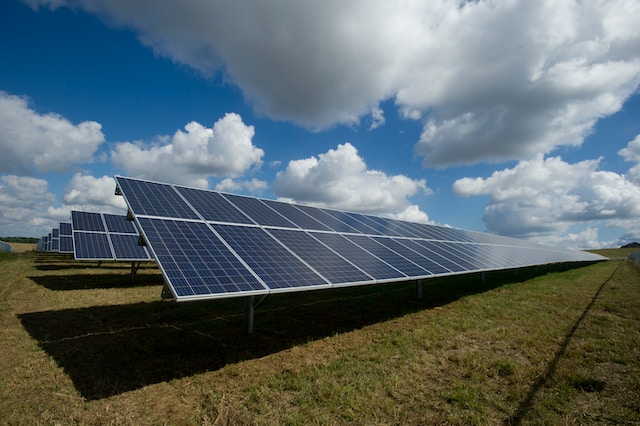The Office of Energy Efficiency and Renewable Energy (EERE) of the U.S. Department of Energy (DOE) will fund 31 projects to advance clean manufacturing with a total of $61 million in federal funding. The selected projects are led by national laboratories, industry, and academia, and the main goal is to accelerate Research, Development, and Demonstration (RD&D).
This funding will enable innovation in domestic manufacturing, contributing to the advancement of next-generation materials and energy technologies that will help the U.S. in the transition towards a net-zero economy by 2050. In addition, it will increase economic competitiveness, positioning the U.S. as a leader in the global clean energy economy. The projects will also help secure domestic supply chains in the U.S. and combat the climate crisis.
As said by the Acting Assistant Secretary for EERE, Alejandro Moreno, “These 31 projects will help advance cutting-edge manufacturing technology solutions vital to our nation’s clean energy future, while also fostering competitive, sustainable, and resilient manufacturing systems and supply chains to strengthen our nation’s manufacturing enterprise,”
The selected projects are divided into the following categories:
- Next Generation Materials and Manufacturing – includes 20 projects aiming for cost-effectiveness of manufacturing processes through RD&D, as well as new materials with improved properties. Subcategories include increased conductivity metal-based material systems, harsh environment materials, and AI/machine learning for aerostructures
- Secure and Sustainable Materials – includes four projects that focus on regional pilot-scale demonstrations of circular supply chains. Examples include technology advancements such as innovative material recovery, end-of-life processing, and recycling
- Energy Technology Manufacturing – includes seven projects that are co-funded by the Building Technologies Office, and address innovation in energy technology manufacturing, such as state-of-the-art cathode active materials (CAM) manufacturing for domestic Electric Vehicle (EV) battery production, as well as building dehumidification scale-up.







